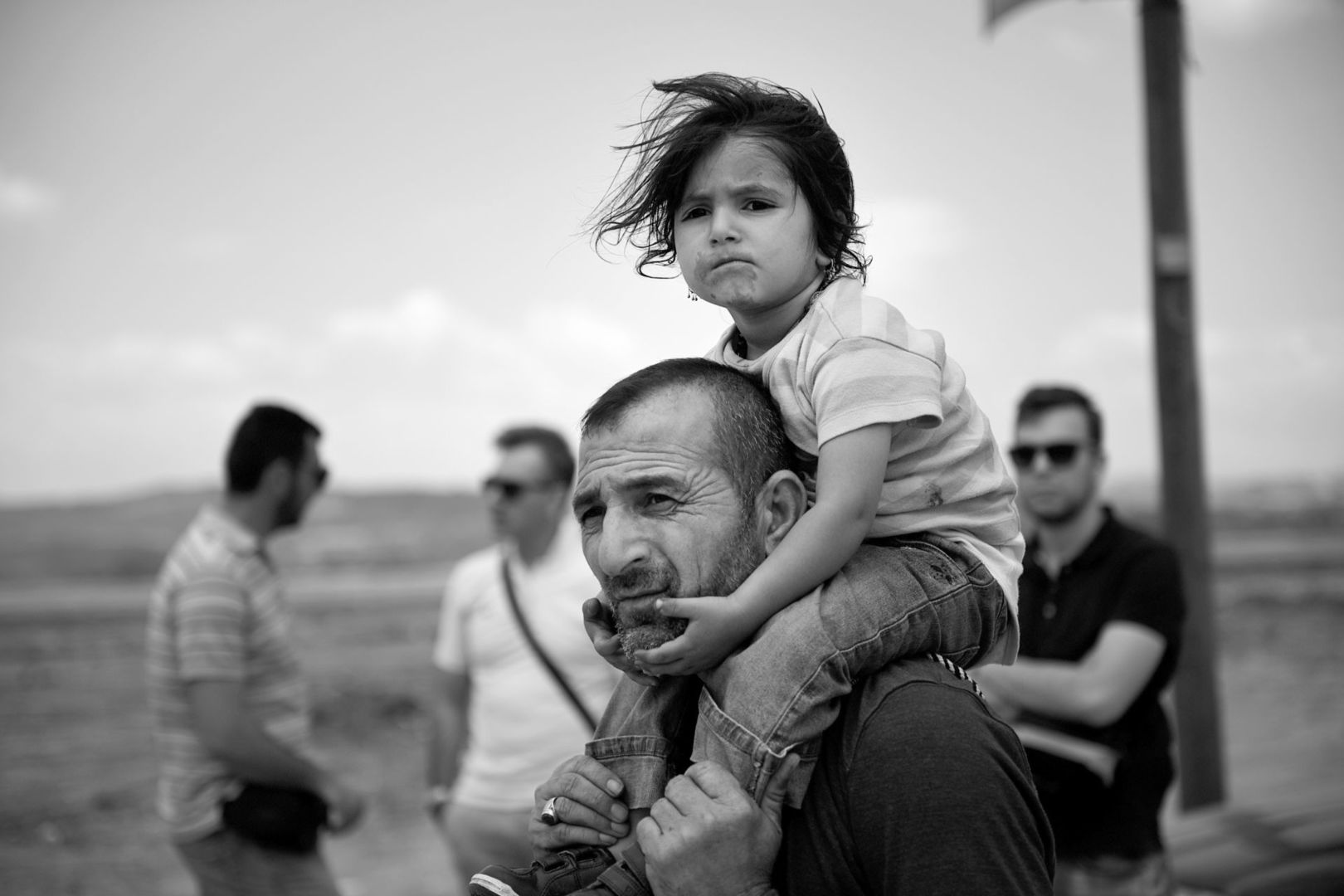
Migration and flight
Migration is not a new phenomenon. Humanity has always been on the move. There are many reasons for this. However, today we are seeing an unprecedented level of human mobility.
There are migrants in every country in the world. Most of them move of their own accord, but some are forced to migrate by external circumstances. Human rights apply to all people, regardless of their origin, culture and religion. This also includes protection against racism and intolerance.
Foreigners and Passport Office
Migration and integration at the Equal Opportunities Department
Migration statistics from the Office for Statistics

Christian Blank
Deputy Managing Director
Department of Migration and Social Affairs, Communication
Migration
Liechtenstein also experiences migration. Whether for residency with or without gainful employment, family reunification, binational marriages, etc.: Liechtenstein is a country of immigration with around 24 percent foreigners. In addition, around 25,000 employees residing abroad work in Liechtenstein every day (as at 31.12.2023). This presents a small country like Liechtenstein with various challenges, for example in terms of infrastructure, integration and economic, cultural and social development. One instrument for regulating migration worldwide is the Global Compact for Safe, Orderly and Regular Migration.
Integration
The integration of people with a migration background is a task for society as a whole, which takes place through education, work, language, law, religion and culture, leisure and everyday life. Integration services are provided in many different ways: by the state, by municipalities, by civil society organizations and by individuals. Integration is successful when all people find a framework that allows them to use their individual potential and realize their life plans.
In 2020, the study "Integration in Liechtenstein: socio-economic potential and areas of tension" was published. The current integration strategy was presented in 2021 on the basis of this study. It is being implemented by the government and the Equal Opportunities Division of the Office of Social Services. For example, the annual Integration Dialogue was relaunched and the integration.li advice center was created in collaboration with infra and the Mintegra Foundation.
Flight and asylum
Millions of people around the world are fleeing war, violence or persecution. Human rights are central to flight and asylum, as they guarantee protection from persecution, torture and inhumane treatment. Article 14 of the Universal Declaration of Human Rights grants the right to asylum in the event of persecution. States are obliged to accept refugees in a humane manner, ensure fair asylum procedures and not deport them to countries where there is a risk of danger (non-refoulement principle). They must uphold the dignity, freedom and security of all people, regardless of their origin or status.
Asylum law in Liechtenstein is based on the Geneva Refugee Convention of 1951, the Refugee Act of 1998 and the subsequent Asylum Act of 2012. Liechtenstein is also guided by Swiss asylum law and works closely with the authorities of the Federal Administration. In accordance with the Asylum Act, the government is responsible for accommodation and care, which has handed over this task to the Liechtenstein Refugee Aid Association (FHL) in a service agreement since 1998. The Foreigners and Passport Office (APA) is responsible for asylum procedures. The VMR organizes and coordinates the Round Table on Asylum, which was set up by Amnesty Liechtenstein in 2014.
Protection from racism and intolerance
Human rights protect against discrimination of any kind. This also includes racism and intolerance. Prohibitions on discrimination can be found, for example, in Article 14 of the European Convention on Human Rights or Article 2 of the Universal Declaration of Human Rights, which is reflected in the UN Convention on Human Rights.
The European Commission against Racism and Intolerance (ECRI) has been monitoring the human rights situation regarding racism and intolerance in member states - including Liechtenstein - since 1994. The UN Committee CERD reviews the implementation of the Convention on the Elimination of Racial Discrimination (ICERD) ratified by Liechtenstein in 2000 and makes recommendations for improvement.
In Liechtenstein, Article 283 of the Criminal Code prohibits discrimination on the basis of race, language, nationality, ethnicity, religion, ideology, gender, disability, age or sexual orientation. In 2003, Liechtenstein founded the Violence Protection Commission (GSK) under the Ministry of the Interior in order to develop a state stance against violence and to coordinate measures by the responsible authorities. The GSK deals with racism, intolerance and related violence in the specialist group on extremism and offers support to those affected.
Extremism expert group of the Commission on Protection against Violence
Reports Extremism in Liechtenstein
Liechtenstein reports on the subject of racism
Federal Commission against Racism (FCR)
HEKS Counseling Center against Racism and Discrimination
Reporting platform for racist online hate speech
European Commission against Racism and Intolerance (ECRI)
Übereinkommen zur Beseitigung jeder Form von Rassendiskriminierung (ICERD)
24-hour care by care migrants
In Liechtenstein, care migrants are employed to provide 24-hour care for family members. As the caregivers work in private households, the Labor Act (working hours, rest periods, health protection) does not apply to them. A ruling by the Swiss Federal Supreme Court in 2021 reassessed the legal framework. It is currently being clarified what this means for the legal situation in Liechtenstein.
At best, the provisions of the standard employment contract for domestic workers apply. It is therefore important that the working conditions are clearly and fairly regulated in the individual employment contract. This includes Wage agreements, agreements on board and lodging, minimum working hours, rest breaks and vacations, sickness, travel costs, expenses, workload, notice period, probationary period and so on.
Do you have questions about human rights? Have your human rights been violated? Have you observed human rights violations? Then get in touch with us.



